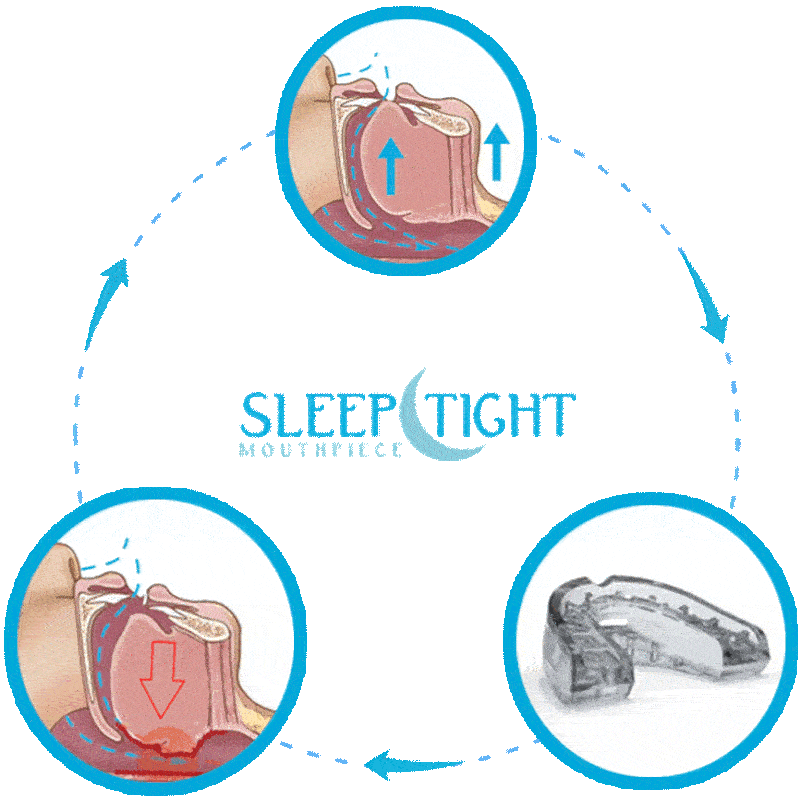Have you ever found yourself struggling to fall asleep night after night? If so, you may have considered turning to sleeping pills for some relief. But, is it harmful to take sleeping pills regularly? In this article, we will delve into this question and explore the potential risks and side effects associated with long-term use of these medications. Whether you are already taking sleeping pills or are considering them as an option, this article will provide you with valuable information to make an informed decision about your sleep health.
Sleeping pills can be a quick fix for those nights when you just can’t seem to drift off into dreamland. However, relying on these medications regularly may not be the best solution in the long run. For starters, many sleeping pills can be addictive, leading to dependence and withdrawal symptoms when trying to come off of them. Additionally, studies have shown that taking sleeping pills regularly can increase the risk of falls and accidents, especially in older adults. These medications can also cause daytime drowsiness, difficulty concentrating, and even memory problems. In the next paragraphs, we will explore some of these potential risks and side effects in more detail, so you can make an informed decision about your sleep health.
Introduction
Sleep is essential for our overall well-being. It allows our bodies to rest and repair, and it helps us maintain good physical and mental health. However, many individuals struggle with sleep problems and turn to sleeping pills as a solution. But, is it harmful to take sleeping pills regularly? In this article, we will explore the definition of sleeping pills, their effects on the body, the physical and mental side effects of their regular use, dependency and withdrawal symptoms, long-term health risks, alternative methods for better sleep, and the importance of consulting a healthcare professional.
Definition of Sleeping Pills
Sleeping pills, also known as hypnotics or sedatives, are medications that are prescribed to help individuals with sleep disorders. They work by suppressing the central nervous system, promoting relaxation and drowsiness to help induce sleep. There are different types of sleeping pills available, including benzodiazepines, non-benzodiazepines, and melatonin receptor agonists.
Effects of Sleeping Pills on the Body
While sleeping pills can be effective in inducing sleep, they can also have various effects on the body. When you take a sleeping pill, it affects the brain’s neurotransmitters, which play a role in regulating sleep-wake cycles. These medications can help you fall asleep faster and stay asleep longer, but they may also come with certain drawbacks.
Physical Side Effects of Regular Sleeping Pill Use
Taking sleeping pills regularly can lead to physical side effects. Some commonly reported side effects include dizziness, daytime drowsiness, headache, nausea, constipation, dry mouth, and changes in appetite. These side effects can affect your overall quality of life and may impact your ability to carry out daily activities.
Mental Side Effects of Regular Sleeping Pill Use
In addition to physical side effects, regular use of sleeping pills can also have mental side effects. These may include memory problems, confusion, slowed thinking, and impaired coordination. In some cases, individuals taking sleeping pills may also experience mood swings, depression, or anxiety. These side effects can significantly impact your mental and emotional well-being.
Dependency and Withdrawal Symptoms
One of the major concerns with regular use of sleeping pills is the potential for dependency and withdrawal symptoms. As your body becomes accustomed to the medication, it may develop a tolerance, requiring higher doses to achieve the same effect. This can lead to dependence, making it difficult to sleep without the medication. If you decide to stop taking sleeping pills abruptly, you may experience withdrawal symptoms such as rebound insomnia, anxiety, irritability, and even seizures in severe cases.
Long-term Health Risks
Taking sleeping pills regularly over a long period of time may pose certain health risks. Studies have shown a potential association between the use of sleep aids and an increased risk of falls and fractures, especially in older adults. Additionally, long-term use of certain sleeping pills has been linked to an increased risk of developing respiratory problems, liver damage, and even certain types of cancer. It is crucial to consider these risks when deciding whether or not to rely on sleeping pills for an extended period.
Alternative Methods for Better Sleep
Instead of relying solely on sleeping pills, it is important to explore alternative methods for better sleep. Establishing a consistent sleep schedule, practicing good sleep hygiene, creating a comfortable sleep environment, and engaging in relaxation techniques such as meditation or deep breathing exercises can all promote better sleep. Additionally, certain lifestyle changes like limiting caffeine intake, avoiding electronic devices before bed, and engaging in regular exercise can contribute to improved sleep quality.
Consulting a Healthcare Professional
If you are considering using sleeping pills regularly, it is crucial to consult a healthcare professional. They can properly evaluate your sleep issues, offer guidance on the appropriate medication and dosage, and monitor any potential side effects or risks. A healthcare professional can also provide information on alternative therapies or lifestyle changes that may be beneficial in improving your sleep patterns.
Conclusion
While sleeping pills can be effective in managing sleep disorders, their regular use may come with risks and side effects. Physical and mental side effects, dependency and withdrawal symptoms, and long-term health risks can all be associated with taking sleeping pills regularly. It is essential to consider alternative methods for better sleep and consult a healthcare professional before making a decision. Prioritizing good sleep hygiene, adopting healthy lifestyle habits, and seeking professional guidance can all contribute to achieving better sleep quality in the long run.



